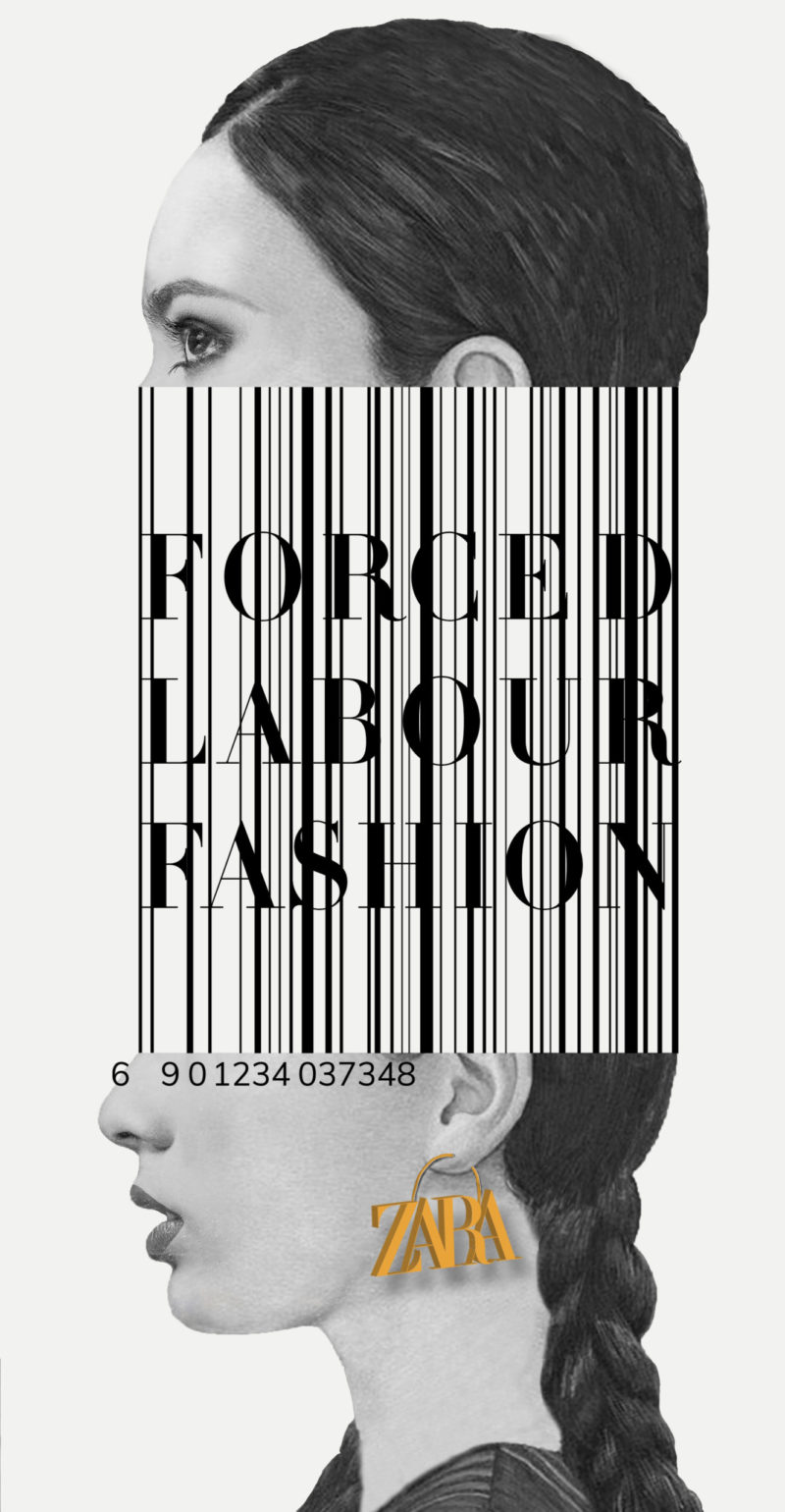PRESS RELEASE: WUC Endorses Formal Complaint Against French Brands

Press Release – For Immediate Release
09 April 2021
Contact: World Uyghur Congress www.uyghurcongress.org
+49 89 5432 1999 or [email protected]

The World Uyghur Congress (WUC) endorses the formal complaint submitted by French lawyer William Bourdon, on behalf of Mrs Tursunay Ziyawudun and of the organisations Collectif Éthique Sur l’Étiquette, Sherpa and the European Uyghur Institute (IODE), against four France-based multinational companies. The complaint was submitted against INDITEX FRANCE, UNIQLO FRANCE, SMCP and SKECHERS USA FRANCE over allegations of their involvement in Uyghur forced labour.
The submission cites numerous sources and presents overwhelming evidence demonstrating the presence of Uyghur forced labour in the supply chains of these four international apparel brands. The complaint is filed under the charges of concealing forced labour and crimes against humanity in their production of goods.
The complaint argues that given the overwhelming reports of forced labour in East Turkistan, and the ongoing repression against the Uyghurs and Turkic people, multinational companies must be held accountable under the French criminal law, for distributing products made with forced labour on French soil.
‘’It is unconscionable that in 2021, multinational companies are still profiting from forced labour. These companies must be held accountable for contributing to an ongoing genocide against the Uyghurs. A red line must be drawn, and this is what this legal complaint does’’, said WUC President, Dolkun Isa.
Given the highly repressive environment, it is practically impossible to conduct due diligence on the ground in East Turkistan. In this context, responsible businesses must cut all ties to East Turkistan and Uyghur forced labour. In this light, civil society groups last July issued a Call to Action to guide businesses in implementing these measures.
The issue of forced labour has drawn the attention of the international community, with governments around the world taking concrete steps to hold corporations accountable.
On 13 January, the U.S. Customs and Border Protection issued a ban on imports of cotton and tomato products from East Turkistan over forced labour concerns. This follows earlier import restrictions by the Trump Administration, including a Withhold Release Order (WRO) on cotton shipments from the Xinjiang Production and Construction Corps (XPCC), a Chinese-government-sponsored paramilitary organization that is responsible for the many ‘labour transfer schemes’ used to move Uyghurs into forced labour settings.
On January 12th, the U.K. Foreign Secretary, Dominic Raab, announced new government requirements for British companies to prove that their supply chains are not tainted by Uyghur forced labour. In coordination with the U.K., Canada’s Minister of Foreign Affairs, François-Philippe Champagne, announced on the same day that Canada is taking similar measures to ensure that products of Uyghur forced labour are not entering Canadian supply chains and making companies complicit in these human rights abuses.
More recently, a group of 16 independent UN experts sent a letter to Chinese and multinational companies raising concerns about the reports of forced labour in East Turkistan. The letter was also sent to the Chinese government, as well as to governments where multinational companies are domiciled.
In response to the mounting international criticism, China has resorted to boycotting Western companies who have voiced their concerns over the use of Uyghur forced labour in their supply chains in East Turkistan. Several companies are starting to cave in to China’s threats by removing their forced labour policies from their websites, and even going as far as promoting ‘’Xinjiang Cotton’’ on their websites, which reports show is tainted with Uyghur forced labour. This is the ultimate moral test for these companies: opt for respecting human rights or embolden the genocidal regime of the Chinese Communist Party.
It is high time for multinational companies to act responsibly and in respect of the UN Guiding Principles on Business and Human Rights. Failing to do so will expose them to legal risks and reputational damage.

